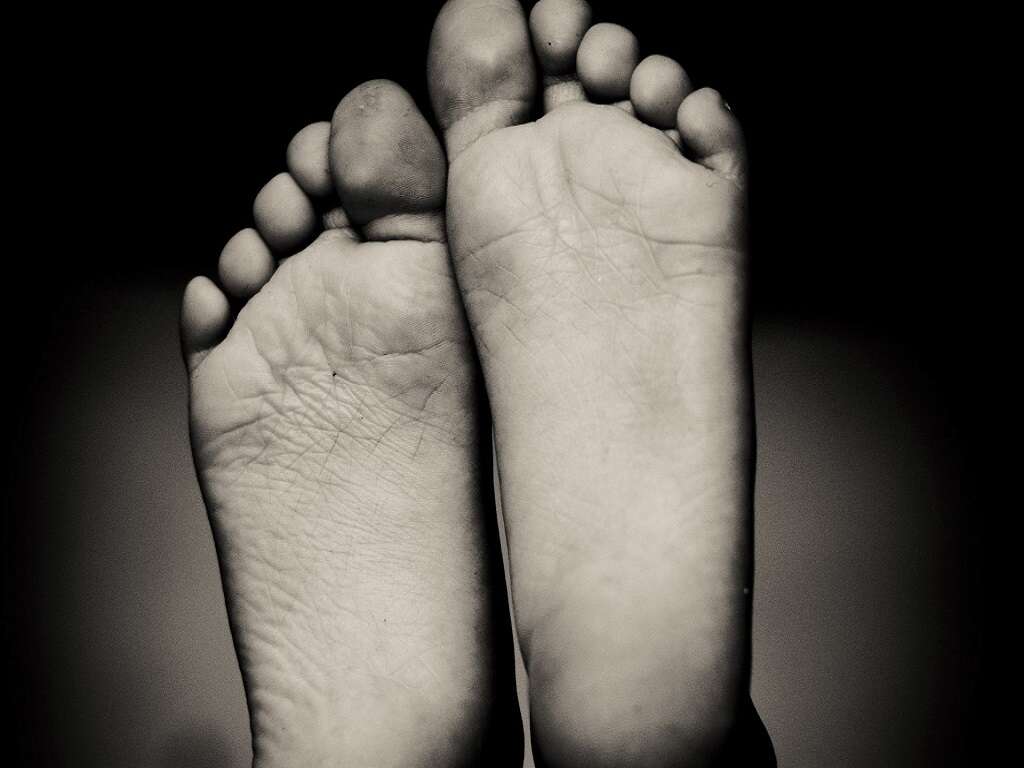10 Symptoms of Diabetes Mellitus
Our body needs energy. Our cells need it to function and our brain requires a great deal of energy to work. We get a lot of this energy from sugars in our foods, which is then processed to generate the energy that we need. If we are unable to process these sugars, then our well-being can be affected in numerous ways.
Diabetes mellitus is actually a group of diseases that impair our ability to process sugars. This can leave us having difficulties regulating the amount of sugar in our blood and can also leave us unable to get the energy we need from our food.
Diabetes mellitus is a condition that affects millions of people worldwide.

Symptom #1: Excess Hunger
Food is not only delicious, but it is also essential for our survival. The food that we eat contains all of the nutrients that we need to grow and repair our bodies. Without it, we would die, and our body has a way of telling us that we need more. This is something we call hunger, and it creates an irresistible urge to eat more.
There is such a thing as too much hunger, though. Patients with diabetes mellitus will often experience excess hunger, especially after they have already just eaten. This is because the body is struggling to get the energy it needs and is craving for more food to compensate.

Symptom #2: Thirst
There’s nothing quite like a refreshing drink on a hot summer’s day. Our body needs water to survive and we can get very thirsty when we don’t have enough of it. Drinking will usually provide us with the fluids that we need, and our thirst will subside. At least until we take on more water again.
Certain illnesses, though, can make people feel thirstier than is normal. Patients with diabetes mellitus will often experience excessive thirst, even when they are already hydrated. If you are experiencing excess thirst and you don’t know why, you should arrange to get it checked out.

Symptom #3: Urinating Frequently
Most of us will urinate several times a day. This is perfectly normal, even necessary, as we need to be able to expel waste that has been filtered from the body. How much you urinate will depend largely on how much you are drinking, among other things. When you are drinking a lot, then you will be making more frequent trips to the toilet.
People with diabetes mellitus will find that they are using the bathroom more often than usual. As the glucose level rise in the blood, the kidneys will start to leak glucose into the urine and water follows the glucose molecule. This will cause increased urine output. Excessive urination is a sign that you should make an appointment with a doctor to find out why.

Symptom #4: Weight Loss
This might sound like a positive symptom for many people. Losing weight can be very difficult, and also very important. Being too heavy puts a lot of strain on our bodies and can lead to some serious problems.
Losing weight can also be a bad thing, though, especially when it is not explained. People with diabetes mellitus will sometimes find that they will lose a lot of weight, even though they may be eating and drinking plenty. Sudden, unexplained weight loss is not a good sign and is something that should be checked out.

Symptom #5: Blurred Vision
Our eyes are finely tuned organs that have taken millions of years to evolve. Through evolution, the lenses formed gradually over time into what now allows us to focus on objects near and far. These lenses, and the rest of the eyes, are delicate, though, and can be affected by various illnesses.
Diabetes mellitus can affect the eyes, having an effect on our vision. Patients will often find that they experience blurred vision and are unable to focus on objects. While our eyes can begin to fade gradually over time, there is likely to be something quite wrong if these symptoms occur suddenly.

Symptom #6: Fatigue
The fitter and healthier we are, the better our stamina tends to be. Some of us can keep on going for hours and hours, while others will need to take a break sooner. This stamina can also be affected by certain illnesses, and fatigue can set in for even the healthiest of people.
One common symptom of diabetes mellitus is fatigue. This is because the patient is unable to get the energy from the food they eat, no matter how much they might be eating. Without enough energy to give them a lift, the patient will feel tired no matter how much food and rest they might have had.

Symptom #7: Frequent Infections
Operating below the surface of the skin is the most powerful defense against disease that we have. Our natural defense against disease, the immune system, operates all day, every day, and springs into action whenever a threat is spotted. In order to maintain our health, though, we need to keep this system as strong as we can.
Diabetes mellitus can weaken the immune system. This affects our ability to defend ourselves against attacks from pathogens and, as such, infections are more likely to take hold. Patients with the condition are more prone to skin, vaginal, and gum infections, in particular.

Symptom #8: Slow Healing Sores
Picking up knocks and bumps is a part of life. These can lead to minor injuries but they will usually sort themselves out in time. A scab can form to protect the damaged tissue below while the body gets to work repairing the wound. When we are not well, though, this repair mechanism might not be as effective as usual.
With the immune system impaired, the body will find it difficult to heal sores. Even small injuries might take weeks or even months to heal. What makes this worse is that unhealed sores are themselves more prone to infection. This is a symptom that really should be checked out.

Symptom #9: Dry Mouth
The saliva in our mouths is more important to us than a lot of people realize. It is one of the first stages of digestion, and also helps to keep our mouths free from disease. If our mouths dry out for some reason then it can be quite an unpleasant sensation. It is usually easily remedied with a drink of water.
The glucose molecule drags water out of the cells, therefore, when a patient has increased blood glucose, they can become dehydrated very easily. The fact that these patients usually have an increased urine output will add up to the dehydration as well. A dry mouth could be one of the early signs of dehydration in a patient.

Symptom #10: Irritability
If you’ve been tired and/or you have not had enough to eat, you will likely know what it is like to feel irritable. Even the smallest of things can be very annoying to us, even if we do know it is irrational. We will often not want to be around other people, and other people may not want to be around us.
Irritability is often caused when the body does not have enough energy. Diabetes mellitus causes a lack of energy, causing the patient to become very irritable from time to time. It is not their fault, and it helps if others around them can be understanding of the situation they are in.












